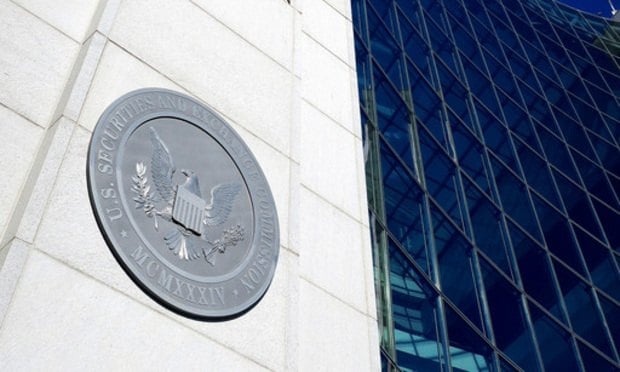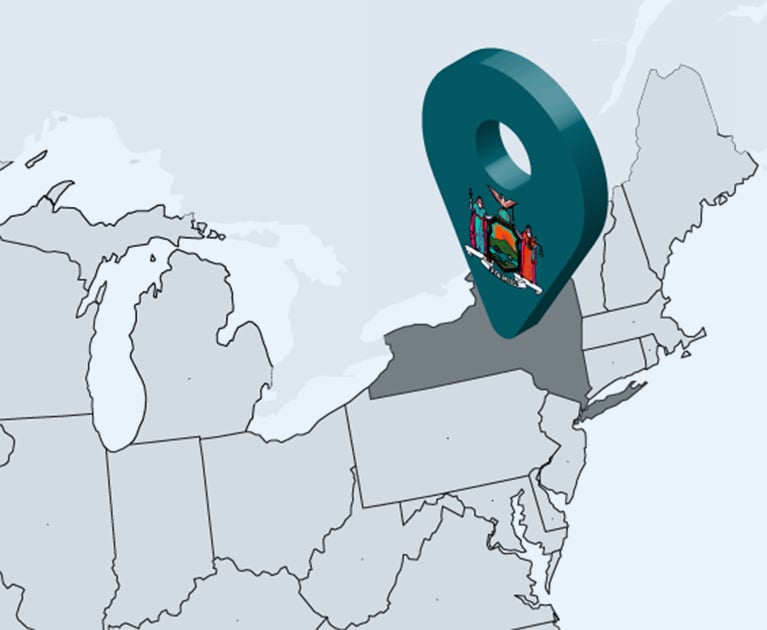 This article examines whether the U.S. Securities and Exchange Commission (SEC) may take a more expansive approach to the extraterritorial reach of its jurisdiction in light of the recent decision by the U.S. Court of Appeals for the Tenth Circuit in SEC v. Scoville, 913 F.3d 1204 (10th Cir. 2019), which held, in the context of an SEC enforcement matter, that the Dodd-Frank Act superseded the Supreme Court’s decision in Morrison v. Nat’l Austl. Bank Ltd., 561 U.S. 247 (2010), which limited the SEC’s ability to enforce the federal securities laws to conduct that took place within the United States. This article also considers Scoville’s potential impact in light of other decisions, particularly the decision by the U.S. Court of Appeals for the Second Circuit in United States v. Hoskins, 902 F.3d 69 (2d Cir. 2018), which takes a potentially more limited approach to the government’s extraterritorial jurisdiction in the context of the Foreign Corrupt Practices Act (FCPA). Although it remains to be seen whether other circuit courts will align with the Tenth Circuit’s decision in Scoville, this decision may alter and expand the playing field when navigating an SEC investigation or litigation.
This article examines whether the U.S. Securities and Exchange Commission (SEC) may take a more expansive approach to the extraterritorial reach of its jurisdiction in light of the recent decision by the U.S. Court of Appeals for the Tenth Circuit in SEC v. Scoville, 913 F.3d 1204 (10th Cir. 2019), which held, in the context of an SEC enforcement matter, that the Dodd-Frank Act superseded the Supreme Court’s decision in Morrison v. Nat’l Austl. Bank Ltd., 561 U.S. 247 (2010), which limited the SEC’s ability to enforce the federal securities laws to conduct that took place within the United States. This article also considers Scoville’s potential impact in light of other decisions, particularly the decision by the U.S. Court of Appeals for the Second Circuit in United States v. Hoskins, 902 F.3d 69 (2d Cir. 2018), which takes a potentially more limited approach to the government’s extraterritorial jurisdiction in the context of the Foreign Corrupt Practices Act (FCPA). Although it remains to be seen whether other circuit courts will align with the Tenth Circuit’s decision in Scoville, this decision may alter and expand the playing field when navigating an SEC investigation or litigation.
The Jurisdictional Framework. Prior to the Supreme Court’s decision in Morrison v. Nat’l Austl. Bank Ltd., 561 U.S. 247 (2010), the SEC could bring extraterritorial claims under the federal securities laws based on the “conduct-and-effects” test. Under that test, courts examined “(1) whether the wrongful conduct occurred in the United States, and (2) whether the wrongful conduct had a substantial effect in the United States or upon United States citizens.” Morrison v. Nat’l Austl. Bank Ltd., 547 F.3d 167, 171 (2d Cir. 2008).






